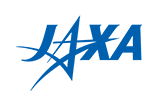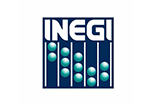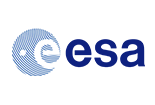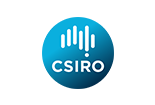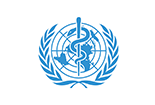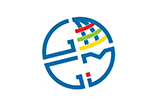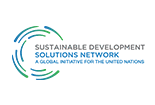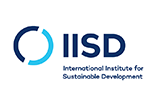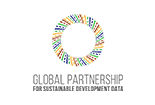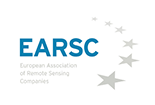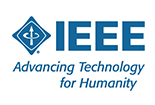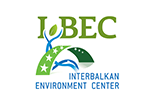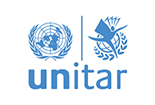16th GFOI Regional Workshop in the Americas: How is REDD+ data use for management, policy, and other reporting mechanisms in Latin America
USAID, NASA, FAO, and other GFOI members have worked together in tropical countries through international assistance programs such as SilvaCarbon and SERVIR to homogenize methods and data among the GHGi and national REDD+ MRV systems. Some countries have generated the best available data on emissions at the national and subnational level as well as developed/designed robust MRV systems that allow them to measure the progress of mitigation policies and their actions.
Justification:
The goal of this workshop is to evaluate how data produced for results-based payments for REDD+ is assessing forested countries to manage their land to achieve sustainable development, reduce carbon emissions, and implement management decisions and to strengthen the use of these data for additional management and reporting needs. For example, under the 2030 Agenda, 17 SDGs were adopted by the United Nations member states through the SDG open Working Group. The SDGs seek a renewed alliance where all countries participate equally and achieve social and environmental pillars for sustainable development. Each country determines how it will address and report on SDGs. Additionally, under the Paris Agreement, countries submitted their Nationally Determined Contributions (NDC’s), presenting their commitments to the international community toward reaching the goal of reducing greenhouse gas emissions enough to keep warming well below 2 degrees Celsius compared to the pre-industrial era. At the national level, countries typically have developed their REDD+, forest management, NDC, and SDG agendas in parallel, rather than through a coordinated effort. Aligning the data informing these different efforts can reduce duplication and optimize the use of limited resources. NDC’s and SDG’s are only two examples of how data from National Forest Monitoring Systems can be used for different purposes. With this workshop we will learn how countries are using these data to inform management, policy and ultimately move towards sustainable integrated systems.
Objectives:
Share experiences on how different governmental institutions are collecting, analyzing, and exchanging data. To collect the experiences participants will be asked to:
Identify the best way for GFOI capacity building programs to include data flow among institutions in countries into their business as usual operations.
Draft a concept for a pilot in Latin America on institutional arrangements for the development of data for different applications. This pilot will provide a case study for the GFOI methods and guidance and will contribute to the GEO EO4SDG Initiative.
Organizers and Participants
USGS SilvaCarbon program is organizing the workshop with support from FAO, GFOI, UN-REDD, USFS, NASA SERVIR, and UNDP.
Countries participating are Colombia, Peru, Ecuador, Guatemala, and Paraguay. The estimated number of participants per country is 4 participants, representing different government institutions.
Acronyms:
FAO: Food and Agriculture OrganizaOon
GEO: Group on Earth ObservaOons
EO4SDG: Earth ObservaOons for Sustainable Development Goals
GFO: Global Forest ObservaOon
GHGi: Greenhouse Gases Inventory
REDD+: Reducing emissions from deforestaOon and forest degradaOon
SDGs: Sustainable Development Goals
MRV: Measurement, ReporOng, and VerificaOon
NASA: NaOonal AeronauOcs and Space AdministraOon
NDCs: NaOonally Determined ContribuOons
NFMS: NaOonal Forest Monitoring System
USFS: United States Forest Service
USGS: United States Geological Survey
More information and a detailed agenda is available here.
View All News




